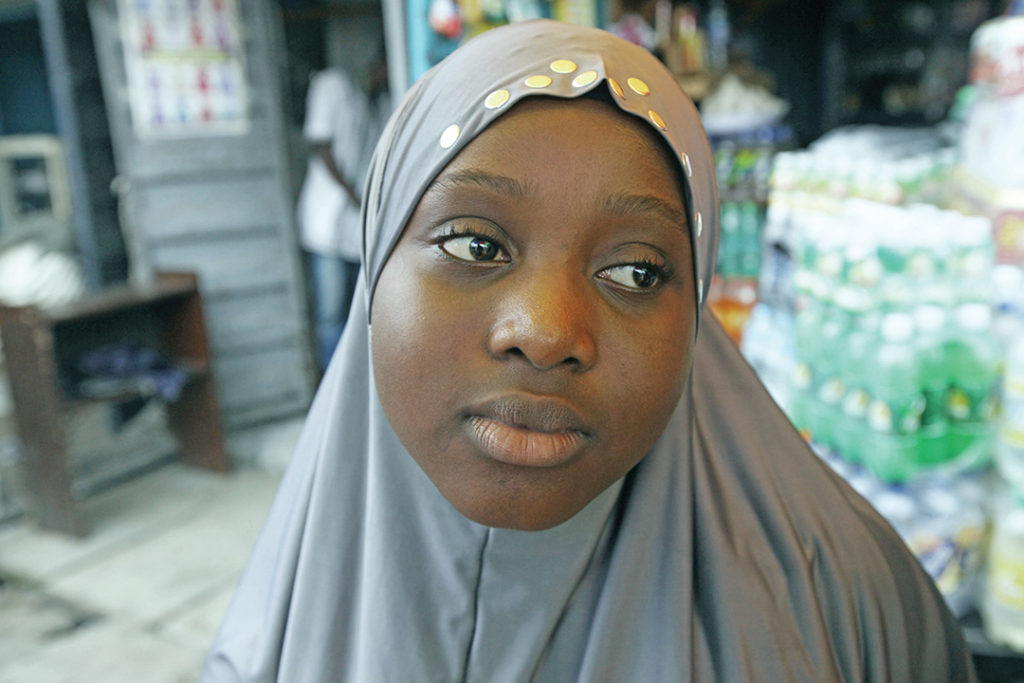VOICE OF AMERICA
Confidence was just 14 when her aunt married her off to a 42-year-old man. The now-22-year-old Zimbabwean says the experience shattered her. Her husband was abusive, as were his other wives.
“After two years of marriage, life was so difficult for me that I tried to kill myself by drinking rat poison,” she told Human Rights Watch researchers. The group, in highlighting the issue, released several girls’ accounts but omitted their last names.
“Child marriage ruined my life,” Confidence said. “Now I do not work and cannot find a job because I stopped going to school.”
It’s stories like this that prompted the African Union to convene a summit in Zambia in late 2015 in hopes of ending child marriage. The assembly pledged to establish 18 as the minimum legal age for marriage across the continent.
The gathering accompanied a new United Nations report that revealed a shocking statistic: If current trends hold and Africa’s population continues to grow at its expected rate, the number of child brides in Africa will more than double in the next 35 years, to
310 million.
Unless things change, by 2050 almost half the world’s child brides will be in Africa. The majority of Africa’s 23 million child brides are in Nigeria, the continent’s most populous nation, which has a minimum marriage age of 18.
Marriage before age 18 is actually already against the law in most African countries, although some countries allow teenagers to marry with parental consent. But that hasn’t stopped more than 125 million girls from being robbed of their childhood by being married below that age in traditional or customary unions. Most of the children affected are girls. Child grooms exist but are rare.
AU Chairwoman Nkosazana Dlamini Zuma said cultural norms that undervalue girls and women are largely to blame.

